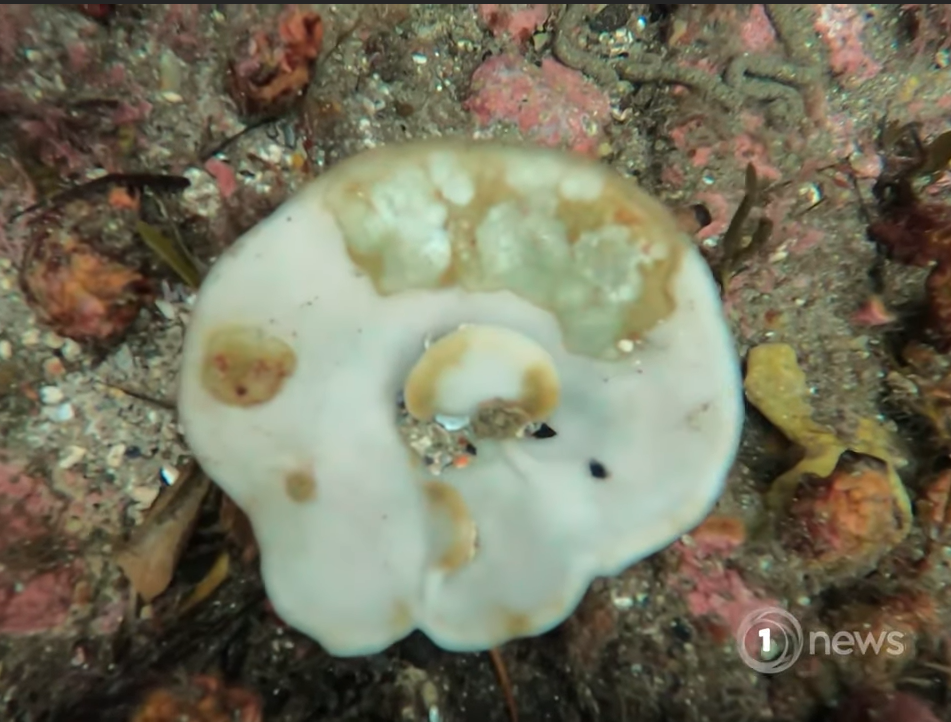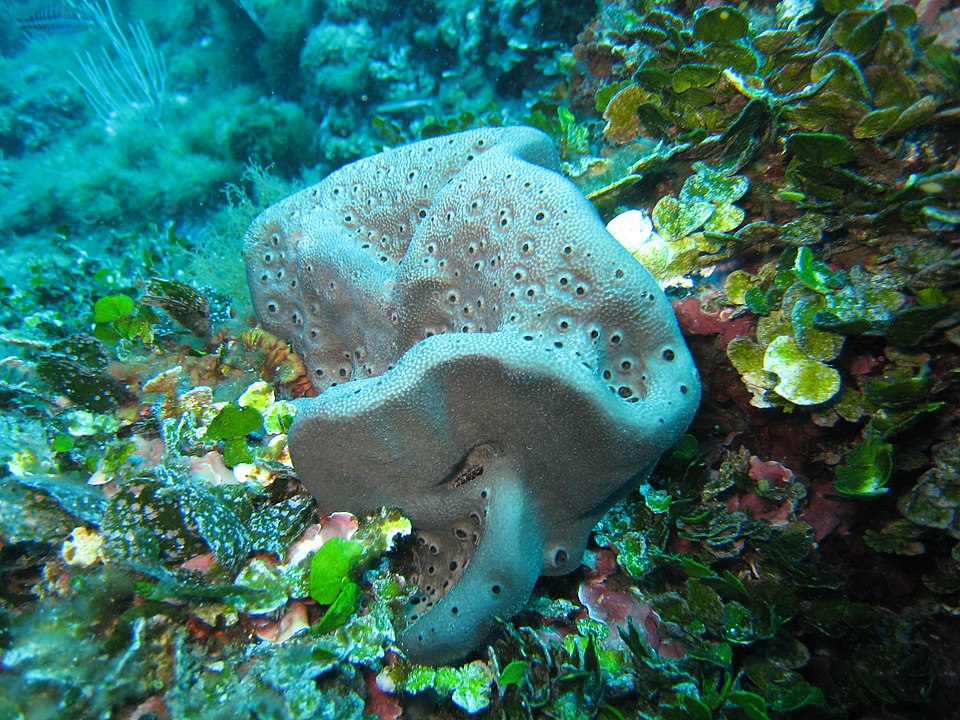After the heat wave and the warming of ocean waters, scientists have seen the bleaching of an enormous quantity of sea sponges near New Zealand. This is the most extensive bleaching of sea sponges in the country’s history. Biologists do not yet know the consequences for the marine ecosystem.
Bleached Sea Sponges Found by New Zealand
Already in May, scientists pointed out that they first found bleached sea sponges off the south coast of New Zealand. They initially estimated that hundreds of thousands of creatures were affected. However, when they examined the surroundings of the island country, they found that the phenomenon affected millions, perhaps tens of millions of the sea sponges.

Victoria Bell, a marine ecologist at James University, said, “This is probably the most numerous and widespread case of this phenomenon ever recorded in the world, certainly in cold waters.”
These sea organisms, sponges, resemble fungi, but they are like animal mushrooms. Their bodies, ranging from a few centimeters to 2.5 meters in size, are usually asymmetrical and live anchored on cliffs. Mostly, their color is affected by symbiosis with microorganisms.
Warm Water Can Be the Cause
Heat waves in New Zealand have caused record increases in ocean temperatures. In some areas, temperatures have risen by up to five degrees. This is the strongest heat wave in the last forty years, since 1981, said Robert Smith, an oceanographer at the University of Otago.

Many sea sponges are dependent on symbiotic organisms to photosynthesize, provide food for the sponges, and sometimes produce predatory repellent chemicals. The heat can cause these symbiotic microorganisms to fail on sea sponges. Scientists are therefore concerned about the future of bleached marine animals.
These hermaphrodites have a tremendous ability to regenerate. However, it is not known whether the warming of the ocean will endanger them. According to Bell, not all of them can recover. The situation is similar to coral bleaching, which has been reported in tropical waters.
Source: https://www.theguardian.com/world/2022/may/16/bleached-sea-sponges-found-in-new-zealand-waters-for-first-time, featured photo: Pixabay.















